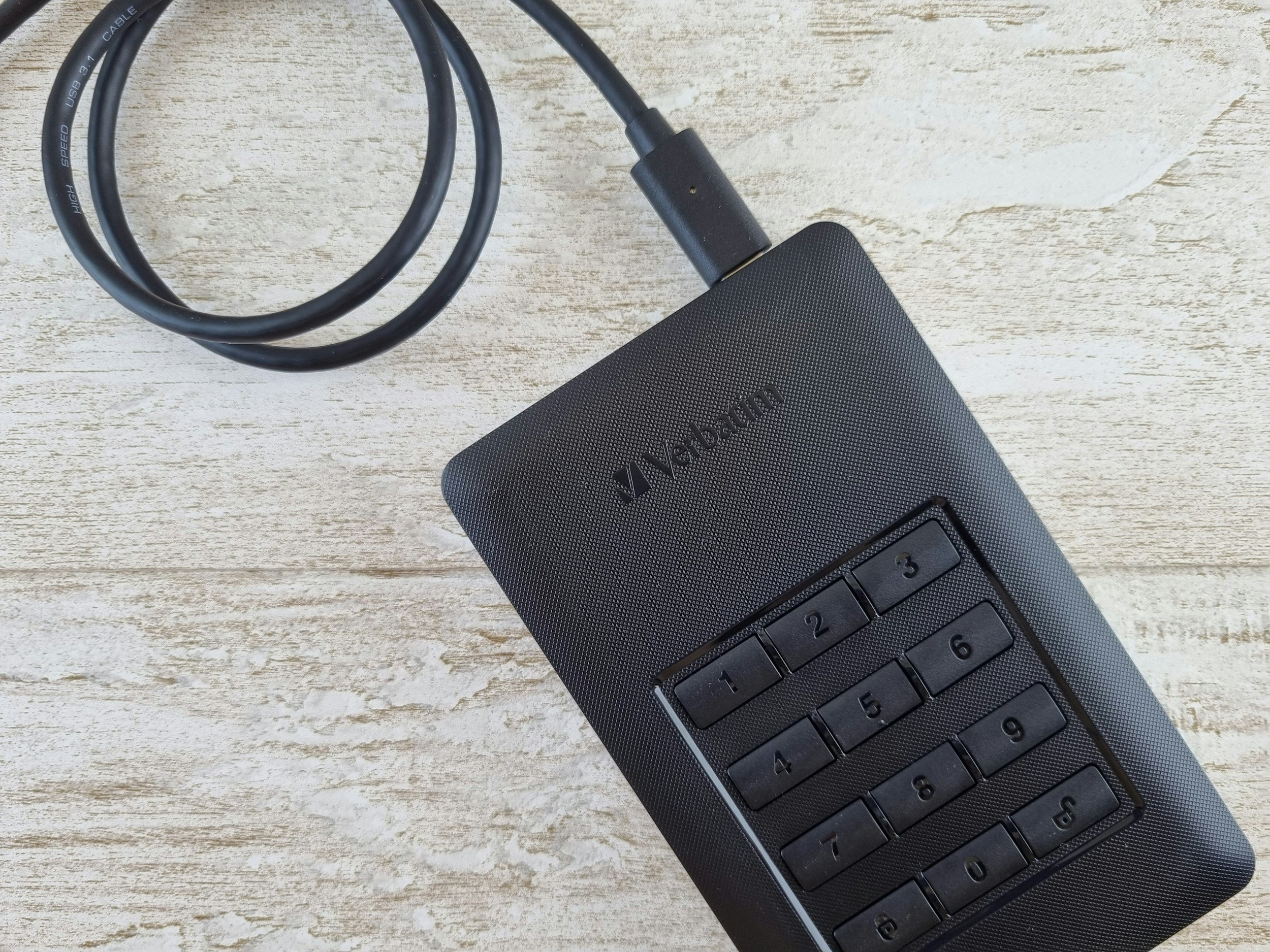Posted by Nydia Streets of Streets Law in Florida Family Law Procedure
When a Florida family law judge adopts a final judgment, verbatim, which was prepared by one party’s lawyer, is this a reason to have the final judgment set aside? This was an issue in the case Broche v. Broche, 3D25-1052 (Fla. 3d DCA December 17, 2025).
Posted by Nydia Streets of Streets Law in Florida Family Law Procedure
What is the “substantial truth doctrine” in Florida family law? This was explained in the brief appellate opinion issued in the case Blair v. Baller Alert, Inc. 3D25-0941 (Fla. 3d DCA December 17, 2025).
Posted by Nydia Streets of Streets Law in Florida Family Law Procedure
Disqualification of a judge in a Florida family law case may be considered an extreme remedy which is granted sparingly. In order to have a judge disqualified, a party must show that he or she has a reasonable fear that the judge is incapable of being impartial or fair toward that party. This was an issue in the case MacKenzie v. MacKenzie, 2D2025-1096 (Fla. 2d DCA November 26, 2025).
Posted by Nydia Streets of Streets Law in Florida Family Law Procedure
If a Florida family court orders that a party is entitled to an award of attorney’s fees from the other party, but reserves ruling on the amount of fees, can the order dictating entitlement be appealed? This was an issue in the case Weinstein v. Weinstein, 4D2024-2244 (Fla. 4th DCA October 29, 2025).
Posted by Nydia Streets of Streets Law in Florida Family Law Procedure
A recent appellate case discusses the issue of disqualification of a lawyer in pending litigation. The court in that case noted “Such attempts [to disqualify counsel] should be viewed with caution and skepticism as they can be used to harass the opposing party and counsel, or for other indecorous tactical reasons.”
Posted by Nydia Streets of Streets Law in Florida Family Law Procedure
Many Florida marital settlement agreements or other family law agreements have prevailing party clauses. These clauses indicate that if there is future litigation, the prevailing party will be awarded attorney’s fees to be paid by the other party. What if there is a “tie” and the court finds that no one prevailed? This was an issue in the case Pierre v. Honore, 3D25-0357 (Fla. 3d DCA October 1, 2025).
Posted by Nydia Streets of Streets Law in Florida Divorce
How does a court determine the marital portion of a non-marital property that is not solely owned by a spouse? For example, a spouse may have purchased a home prior to the marriage and that spouse may own the property jointly with his or her parent. Therefore, depending on how the property is titled, the spouse may only own fifty percent of the property as his or her non-marital portion. This was an issue in the case Wilson v. Hurter, 2D2024-1954 (Fla. 2d DCA September 26, 2025).
Posted by Nydia Streets of Streets Law in Florida Family Law Procedure
In order for due process requirements to be met in a Florida family law case, each party must be given notice and an opportunity to be heard. This was an issue in the case Saladino v. Saladino, 6D2024-2107 (Fla. 6th DCA June 20, 2025).
Posted by Nydia Streets of Streets Law in Florida Family Law Procedure
If a party fails to prosecute a Florida family law case, the case can be dismissed. Under Florida Rule of Family Law Procedure 12.420, if there has been no activity in the case for at least 10 months, the court may dismiss the case, but notice must be given in advance. This was an issue in the case Viera v. Viera, 3D24-2208 (Fla. 3d DCA May 21, 2025).
Posted by Nydia Streets of Streets Law in Florida Family Law Procedure
Under Florida Family Law Rule of Procedure 12.540, a party can move to vacate an order under certain circumstances. Depending on the circumstance, there are different deadlines for moving to vacate the order under that rule. This was an issue in the case Tucker v. Tucker, 5D2024-2111 (Fla. 5th DCA April 11, 2025).
Posted by Nydia Streets of Streets Law in Florida Family Law Procedure
Sometimes after a Florida family law hearing, the court requests that each side submit a proposed order for consideration. According to Washington v. Persolve Recoveries, LLC, 2D2024-0311 (Fla. 2d DCA April 11, 2025) “Florida law does not prohibit the verbatim adoption of a party's proposed order or judgment. Bishop v. Bishop, 47 So. 3d 326, 328 (Fla. 2d DCA 2010); M.D. v. Dep't of Child. & Fam. Servs., 924 So. 2d 827, 830 (Fla. 2d DCA 2005). Reversal is required, however, when the order does not reflect ‘a thoughtful and independent analysis of the facts, issues, and law by the trial judge.’”
Posted by Nydia Streets of Streets Law in Florida Domestic Violence
Is a Florida family court required to allow a party to appear by phone at a hearing? The decision to allow telephonic or other electronic appearance in a Florida family law case is within the trial court’s discretion. This was an issue in the case Sanzaro v. Crowe, 6D2023-1796 (Fla. 6th DCA March 21, 2025).
Posted by Nydia Streets of Streets Law in Florida Family Law Procedure
Issues that are ruled on at a hearing in a Florida family law hearing must be requested in the pleadings filed by the parties or tried by consent. To determine whether an issue was tried by consent, the following factors are considered: “(1) ‘whether there was 'a fair opportunity to defend' the issue’ and (2) ‘whether the defending party 'could have offered additional evidence' if the issue had been included in the operative pleading or motion." Campana v. Trabold, 2D2024-0216 (Fla. 2d DCA December 18, 2024).
Posted by Nydia Streets of Streets Law in Florida Family Law Procedure
Florida due process rules require that both sides of a case be given a full and fair opportunity to be heard. So a court cannot usually make a decision in the case if only one party has presented his or her evidence and arguments. This was an issue in the case Domnin v. Domnina, 4D2023-0376 (Fla. 4th DCA October 30, 2024).
Posted by Nydia Streets of Streets Law in Florida Family Law Procedure
Due process in a Florida family law case refers to the right of each party to fully participate in the proceeding with notice and and opportunity to be heard. Due process is an important to ensure each party has a fair and meaningful opportunity to participate in the proceedings. This was an issue in the case Rodriguez v. Rodriguez, 3D23-1817 (Fla. 3d DCA August 21, 2024).
Posted by Nydia Streets of Streets Law in Florida Family Law Procedure
Once an appeal is filed in a Florida family law case, the trial court is prohibited from taking action on the issue appealed. For example, the trial court generally cannot enter an amended judgment if the original judgment is being appealed. This was an issue in the case Digiorgio v. Digiorgio, 5D2022-2406 (Fla. 5th DCA June 28, 2024).
Posted by Nydia Streets of Streets Law in Florida Family Law Procedure
Setting aside or vacating an order in a Florida family law case is usually governed by Florida Rule of Family Law Procedure 12.540. This rule provides specific grounds and timelines for setting aside an order. A motion to vacate an order was an issue in the case Lopez v. Lopez, 3D23-1953 (Fla. 3d DCA June 5, 2024).
Posted by Nydia Streets of Streets Law in Florida Family Law Procedure
In order for a party to be held in contempt in a Florida family law case, the terms of an order that is alleged to have been violated must be clear and unambiguous. A party cannot be held in contempt of terms of an order that do not exist. This was an issue in the case Prieto v. Rossi, 4D2022-3045 (Fla. 4th DCA April, 17, 2024) in which an attorney representing a party to a divorce was held in contempt of terms of a marital settlement agreement.
Posted by Nydia Streets of Streets Law in Florida Family Law Procedure
How much notice must be given to a defaulted party for a final hearing in a Florida family law case? The rules of procedure give specific guidance on this, and this was an issue in the case Korman v. Shapiro, 3D21-2182 (Fla. 3d DCA April 10, 2024).
Posted by Nydia Streets of Streets Law in Florida Family Law Procedure
What is a 57.105 motion in a Florida family law case? This is a motion which asks the court for sanctions against a party and/or the party’s attorney for raising unsupported claims in a proceeding. 57.105 refers to the Florida Statute section which authorizes this fee. That section of the statute requires that specific steps be taken before this motion can be filed. This was an issue in the case Fantauzzi v. Fleck, 2D23-1390 (Fla. 2d DCA April 3, 2024).




















